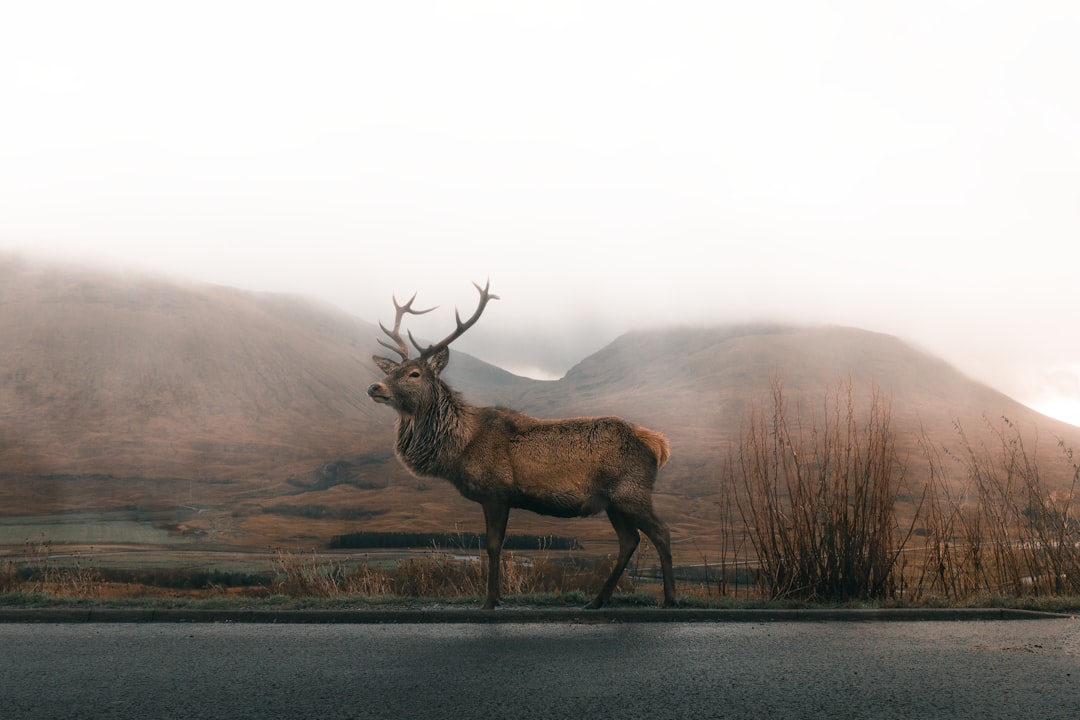A Spirituality of Wildness
Contemplative Column by Theodore Richards
Among the oldest stories of which there is a written record is the Epic of Gilgamesh. In it, Gilgamesh, the king of the ancient Mesopotamian city of Uruk, encounters the wild man, Enkidu. Gilgamesh—like humanity itself—is a man in between: part human and part god, approaching immortality of never quite attaining it. In Enkidu, he finds his greatest adversary and ultimate friend. For through him, Gilgamesh encounters something in himself that he’d nearly forgotten in his pursuit of the wealth and power of civilization: Wildness.
It is possible that, in Enkidu, we are encountering a memory of primordial wisdom that predates Gilgamesh’s imperial civilization. Indigenous religion, as diverse as it is, has this much in common: it expresses the order of the cosmos in relation to the wild that lies just beyond the womb of human culture, and each—the cosmos and the chaos, culture and wildness—is necessary. Moreover, and particularly important at this moment in human history, indigenous spiritu…



